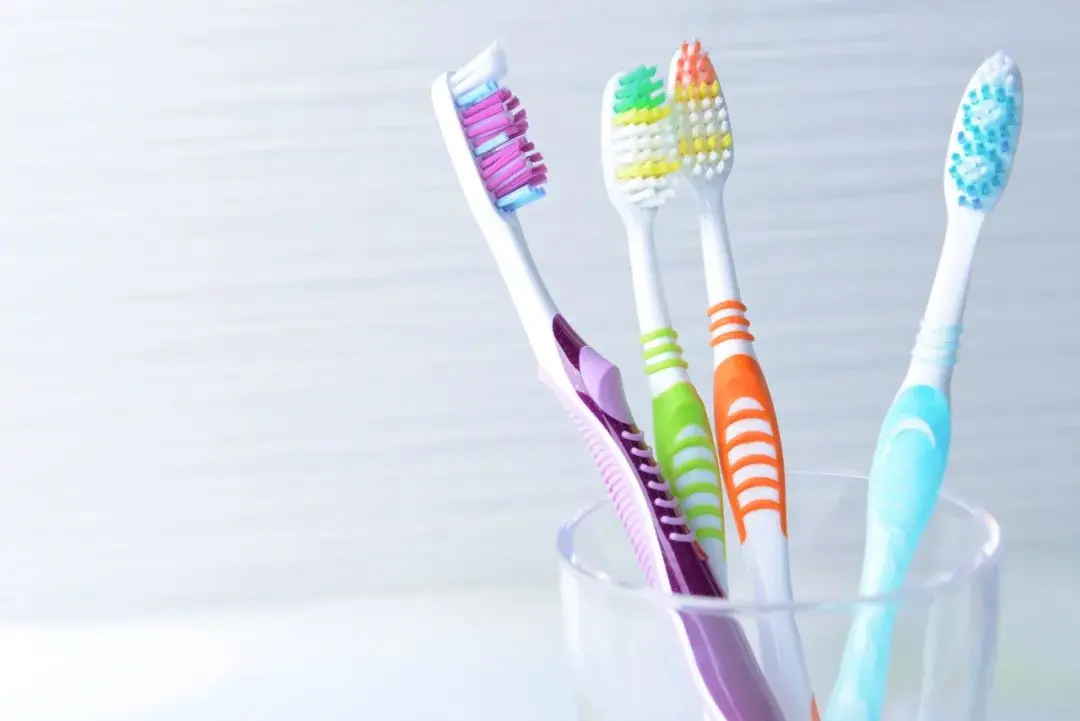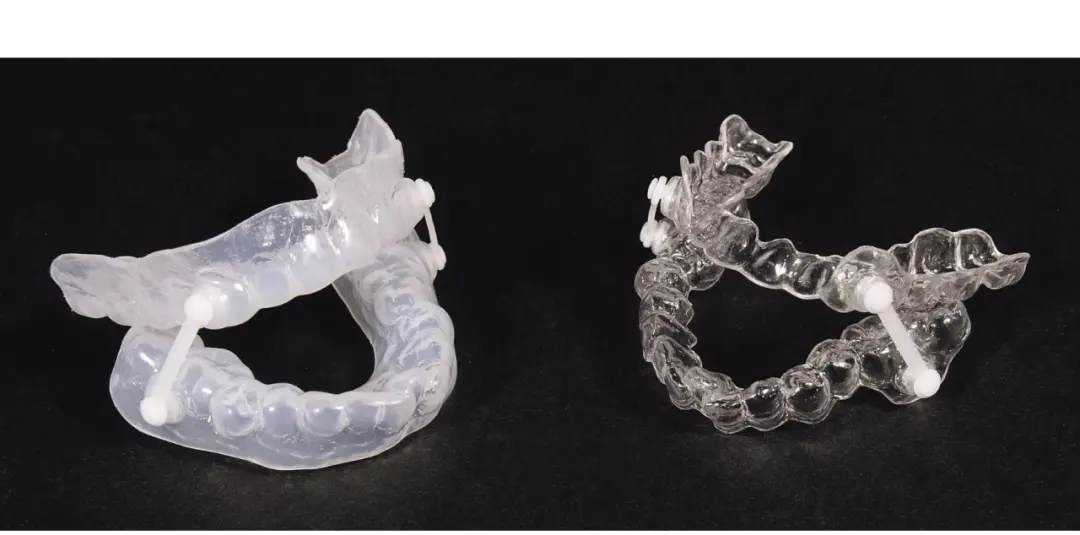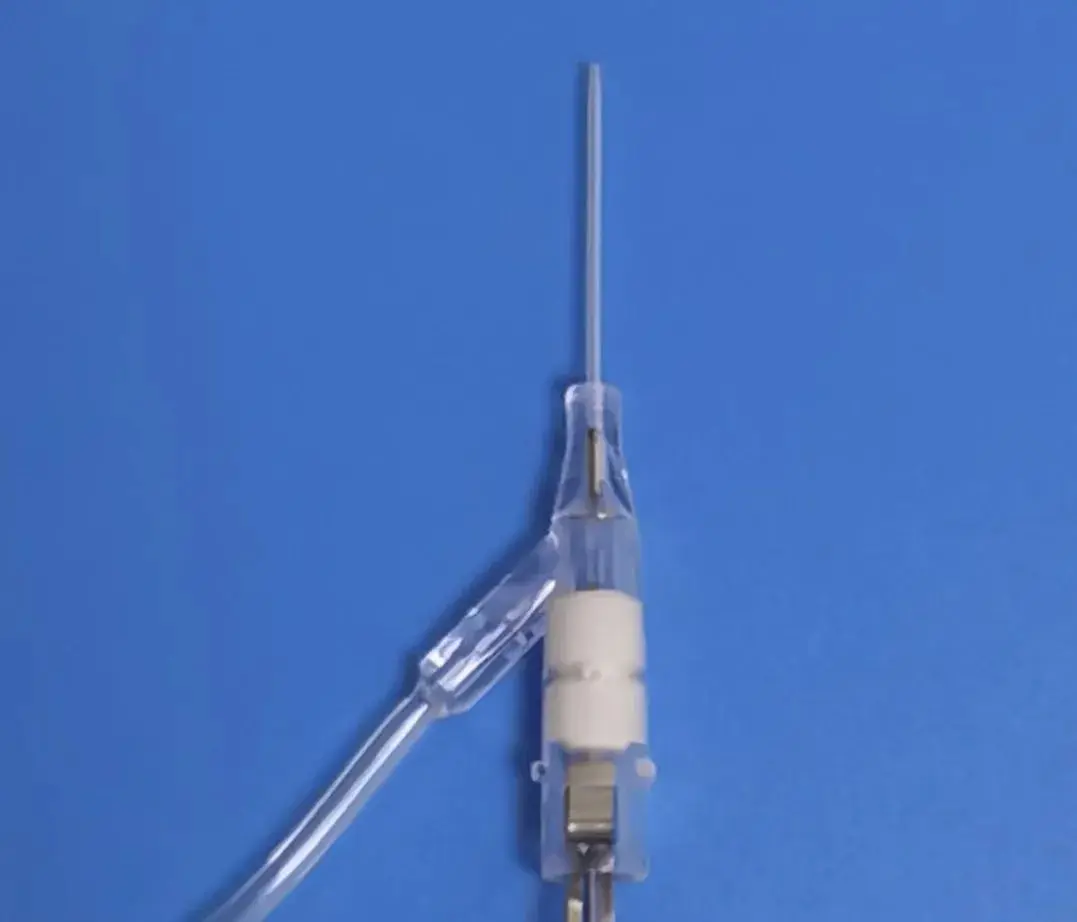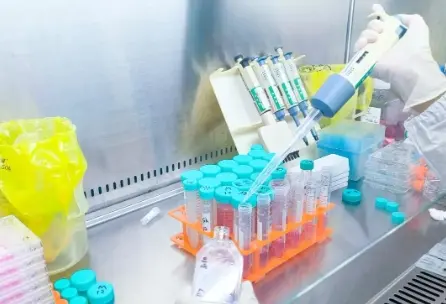
Safety Food Contact Test Report
FCM Qualification Report Requirements and Food Contact Materials (FCM) Testing
A Food Contact Materials (FCM) testing report is an important document that evaluates the safety and compliance of materials that come into direct or indirect contact with food (such as packaging, containers, utensils, etc.). Food contact materials must ensure they do not contaminate the food or release harmful substances to human health, thereby safeguarding consumer health.
Contents of FCM Testing Report
The FCM testing report typically includes the following aspects:
1. Sensory Testing
Evaluation of the odor and taste of the food contact materials to ensure the product does not alter the sensory characteristics of food, such as taste or smell, during use.
2. Migration Testing
Assessment of the total amount of substances that migrate from the food contact material under simulated food conditions, including comprehensive migration tests and specific migration substance tests. This ensures that chemicals in the material do not migrate into food, preventing potential harm to human health.
3. Heavy Metal Testing
Detection of heavy metals such as lead, cadmium, etc., that may be present in food contact materials, ensuring their levels are within the regulatory limits. Excessive heavy metals can contaminate food and harm human health.
4. Harmful Substance Testing
Testing for potentially harmful substances that may be present in food contact materials, such as Bisphenol A (BPA), formaldehyde, benzene, etc. These substances could pose long-term or short-term risks to human health.
5. Microbiological Indicator Testing
Testing for microbial indicators in food contact materials, such as total bacterial count, coliforms, mold, etc., to ensure they meet hygiene standards. This may also include testing for pathogenic bacteria (e.g., Shigella, Salmonella) and commercial sterility testing.
6. Other Tests
Depending on the specific characteristics and intended use of the product, additional tests may include color migration testing, heat resistance testing, oil resistance testing, water resistance testing, etc., to ensure that the food contact materials do not contaminate the food during use.
Common Food Contact Materials Testing Regulations and Standards
1. China
- GB 4806 Series: Key standards for food contact materials and products, such as GB 4806.7-2023 (plastic materials for food contact) and GB 4806.9-2023 (metal materials).
- GB 31604 Series: Provides specific migration amounts, chemical analysis methods verification, and other testing methods for food contact materials and products.
2. European Union
- (EU) No. 10/2011: Specifies general safety requirements for food contact materials and products, listing testing methods and migration limits for various materials.
3. United States FDA
- The FDA regulates the safety requirements for food contact materials, including ingredient purity, additives, and migration testing.
4. Japan Food Sanitation Law
- Japan’s regulatory system includes the Food Sanitation Law and the Standards for Food, Additives, etc., to ensure the safety and compliance of food contact materials.
5. Germany LFGB
- LFGB is an important regulation in Germany for food hygiene management, widely applied in Europe and other regions.
6. France DGCCRF
- The French regulatory authority DGCCRF oversees the quality and safety of food contact materials, ensuring compliance with food safety standards.
7. Italy DM
- Italy’s regulations require that food contact materials meet stringent safety testing requirements.
Products and Materials Requiring FCM Testing
1. Kitchen Appliances and Utensils
- Kitchen appliances: such as coffee machines, juicers, electric kettles, etc.
- Kitchenware: such as pots, spatulas, stainless steel kitchen items, etc.
2. Tableware and Children’s Products
- Tableware: such as knives, forks, bowls, cups, plates, etc.
- Children’s products: such as baby bottles, nipples, etc.
3. Food Packaging Materials
- Various food packaging materials, containers for beverages and food, etc.
4. Related Raw Materials
- Plastics and their products: such as PS, PP, PE, PC, PVC, PA66, etc.
- Metal products: such as stainless steel, aluminum alloy, etc.
- Glass, ceramics, rubber products, etc.
TMEU and Amazon Platform Requirements
TMEU and Amazon require all products that come into contact with food to provide an FCM qualification report before being listed. Testing standards and requirements may vary depending on the type of product and the country it is sold in, so it is necessary to consult specific requirements and arrange for the relevant report.
For more detailed information or to arrange testing, please contact China JJR Laboratory.
Email:hello@jjrlab.com
Write your message here and send it to us
 Toothbrush FDA Certification Testing
Toothbrush FDA Certification Testing
 Snoring Device FDA 510k Standard Testing
Snoring Device FDA 510k Standard Testing
 Single Use Intravenous Catheter Certification Test
Single Use Intravenous Catheter Certification Test
 Silicone Material Product Compliance Certification
Silicone Material Product Compliance Certification
 What to Do If Cytotoxicity Test Results Are Positi
What to Do If Cytotoxicity Test Results Are Positi
 ISO 10993:5 Cytotoxicity Testing Methods
ISO 10993:5 Cytotoxicity Testing Methods
 FDA ISO 10993-1 Biocompatibility Evaluation Guidel
FDA ISO 10993-1 Biocompatibility Evaluation Guidel
 In Vitro Cytotoxicity Testing for Medical Devices
In Vitro Cytotoxicity Testing for Medical Devices
Leave us a message
24-hour online customer service at any time to respond, so that you worry!




